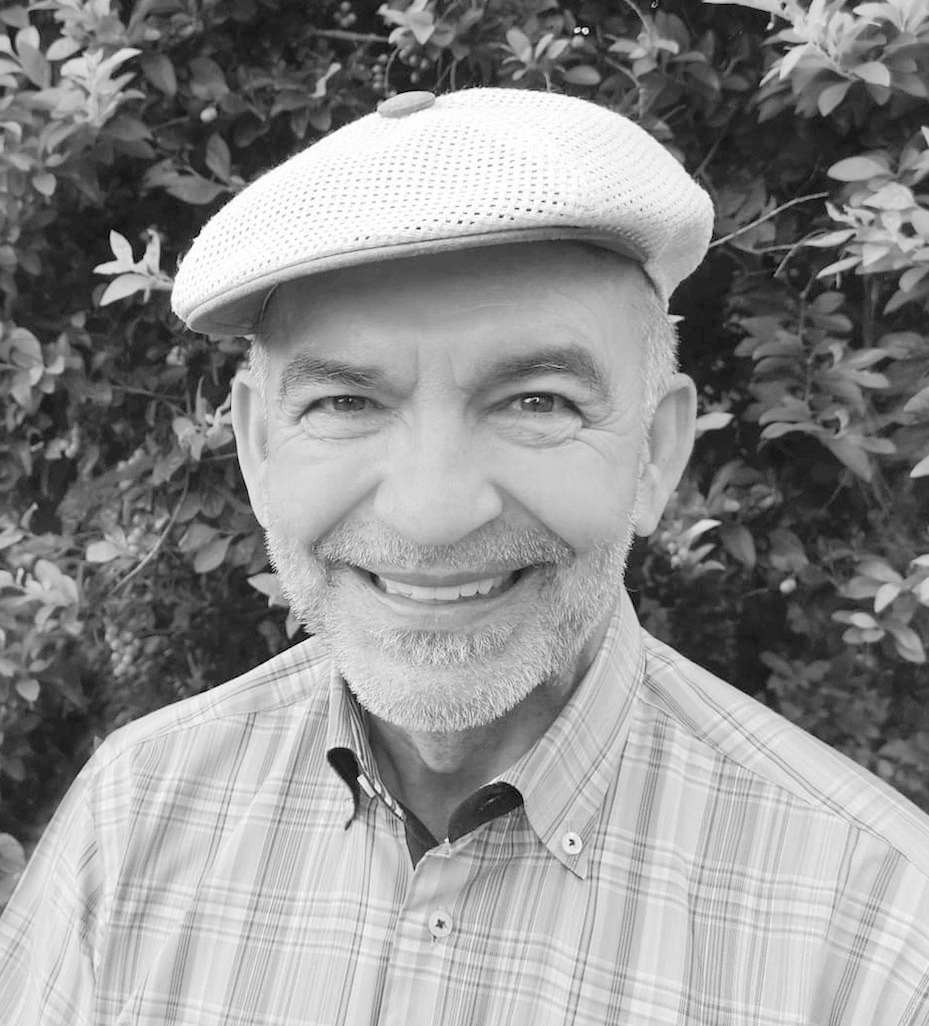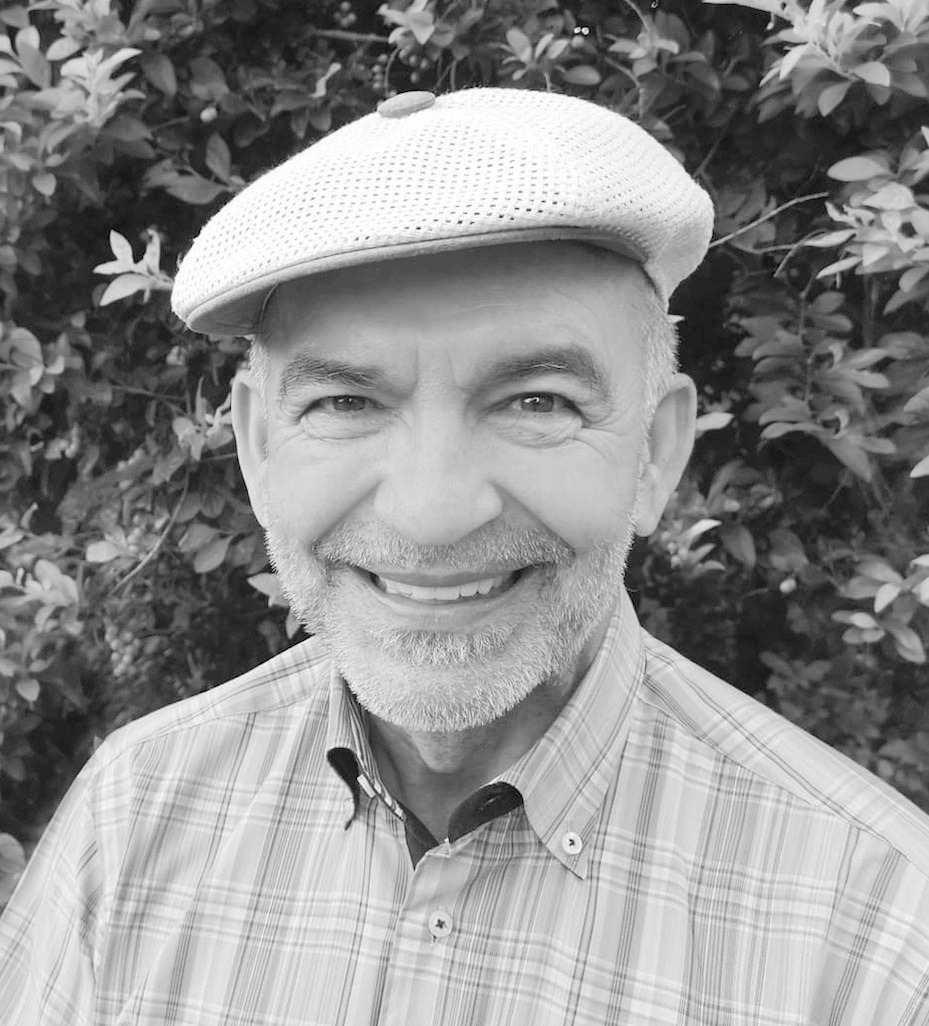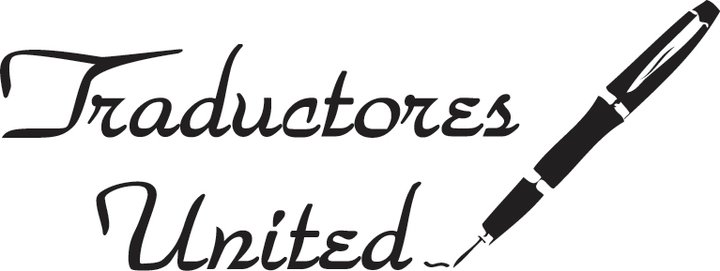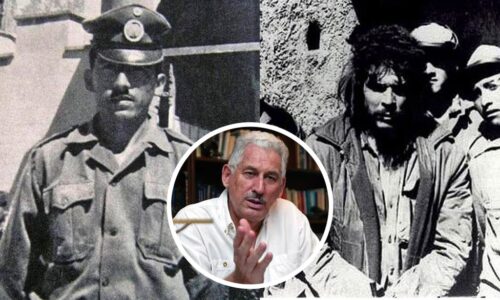

12 June 2021
THE JOKER, FRANKENSTEIN, OR CONCURRENCE
At the outset of the 19th century, Mary Shelley wrote and portrayed the character created (with good intentions) by Dr. Frankenstein, from whom the latter’s creation receives the name, and who has become an “evil” being due to his ugliness and marginality (social process of interaction and labeling).
Recently, a character of the last century has allowed the actor portraying it to obtain an Oscar award: the Joker (the last version that is worth watching more than once). Beyond the evident psychosocial positivist tendency of how the child victim is constructed and its process (of marginality) towards the adult victimizer, the film Joker shows us the complex circumstances in which the character develops, the values that are constructed, the marking labels, and the ultimately self-marking labels, etc., from the perspective of the influence on individuality and the criminalization of socioeconomic marginality.
Along the same lines of “monsters”, it is possible to make mention to the children who are kidnapped by irregular groups that force them (without any option of choice in freedom) to kill their parents as a process of initiation, to later become “murderous perverts”.
A few days ago I heard an old criminologist friend, Chisthopher Birkbeck, handle the novel category of “concurrence” to show how an old victim also incarnates and transforms into the new victimizer. I believe that a long seminar where we also made presentations, but heard more, was properly justified with this category: concurrence.
It is from this double condition of victim and victimizer that doubts about freedom and free will assail us. Which is the freedom of the marked victim, induced to a kind of social gap (those woods that mark the narrow path for the cattle to be able to mark them, vaccinate them, etc.)? And where does it come from? Which is the freedom of choice between good and evil displayed by the “free will” of the former victim turned —not freely— into a victimizer? And where does it come from? How can we, criminologists, contribute to understanding this situation and thus make proposals for the implementation of public policies that do not replicate this perverse vicious circle?
How can we from the perspective of criminology analyze this situation in societies like ours, where there is more than 60% of poverty, without criminalizing and falling into social determinisms that only replicate this vicious circle?
How can we translate it into the Penal Code, when there is awareness of it? What is the standing of guilt? What is the standing of the co-responsibility by the omission of society and the State apparatus that it must protect by constitutional mandate? If the state’s sense of existence is the protection of the “social being”, does it delegitimize itself in the face of the failure to protect? Is democracy being delegitimized?
Without trying, in the least, to justify the existing violence, or to alarm about the actual de-legitimization of the state institutions, social responsibility by omission, and the natural consequence of an alarming decrease in democratic values, it is fitting to stop and reflect on this matter to come up with answers. It is obvious that I have become a deep questioner of the existence of freedom and free will. Since the past constrains us to the point of being able to question the existence of freedom and free will, and the present is determined by said past, of what capacity to choose freedom are we talking about?
Alejandro Colanzi is a criminologist and a fanatic destroyan.
Source: https://www.la-razon.com/voces/2021/06/12/guason-frankenstein-o-concurrencia/




